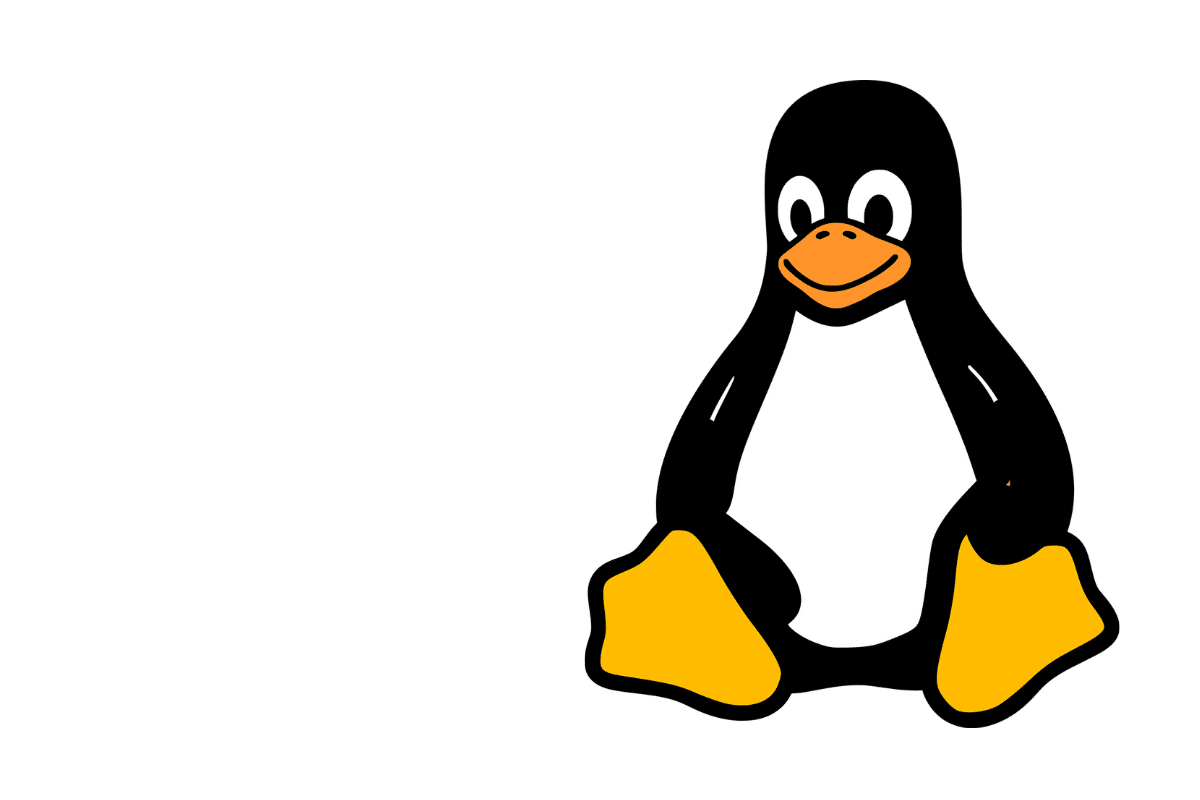
Linus Torvalds and the Open Source Revolution
In the world of computing and technology, few names are as legendary as Linus Torvalds, the creator of the Linux kernel and one of the key advocates of the open source philosophy. Through his vision and collaborative approach to software development, Torvalds sparked a revolution that deeply influenced how developers and companies worldwide build and distribute software. But who is Linus Torvalds, and how did he turn the concept of open source into a cornerstone of modern technology?
Who Is Linus Torvalds?
Linus Torvalds is a Finnish programmer, born in Helsinki on December 28, 1969. Raised in a family of intellectuals, he showed a passion for computing and programming from an early age. While studying at the University of Helsinki, Torvalds became interested in how operating systems worked, particularly MINIX, an educational operating system created by Andrew S. Tanenbaum.
Frustrated by MINIX’s limitations, in 1991, Torvalds decided to develop his own kernel, a core component of an operating system. What began as a personal academic project would become the foundation of one of the greatest revolutions in computing history: the birth of Linux.
The Birth of Linux
In 1991, Linus Torvalds published the source code of the first Linux kernel and shared it online, inviting the developer community to contribute to the project. This move was revolutionary: at the time, operating systems were often closed and proprietary, controlled by large companies like Microsoft and IBM. Torvalds, in contrast, adopted an approach based on sharing and collaboration, releasing Linux under an open source license.
Torvalds’ decision to use the GPL (General Public License), created by the Free Software Foundation led by Richard Stallman, allowed anyone to access, modify, and redistribute the Linux source code, provided that the modified code was also released under the same license. This open and collaborative development model was a groundbreaking shift that led to Linux’s exponential growth.
The Open Source Concept
Torvalds’ approach to Linux was a milestone in the development of open source software, a movement based on principles of transparency, collaboration, and the freedom to use software. Unlike proprietary software, where the source code is hidden and protected by patents, open source software is accessible to anyone who wants to contribute, improve, or adapt it to their needs.
Torvalds demonstrated that a global community of developers could work together to create a robust, secure, and flexible operating system capable of competing with the giants of proprietary software. Linux not only became one of the most widely used operating systems globally, but it also paved the way for a vast array of open source projects such as Apache, MySQL, Git (also created by Torvalds), and many others.
The Impact of Linux and Open Source on the Modern World
Today, the Linux kernel powers a wide range of devices and systems, from the servers that run the Internet to supercomputers, and even to smartphones running the Android operating system. Many of the services we use daily, like Google, Facebook, and Amazon, rely on infrastructures powered by Linux.
But the impact of Linux and the open source movement extends beyond technology. The open source philosophy has influenced how companies collaborate, innovate, and develop products. For example, many tech companies, from Red Hat to Canonical, have built business models based on providing support and consulting services for open source software. Even industry giants like Microsoft, once a declared opponent of open source, have embraced this philosophy, integrating Linux into their products and actively contributing to the community.
The Culture of Collaboration
One of the key elements of the success of the open source movement, promoted by Torvalds, is the culture of collaboration. Through platforms like GitHub, developers from around the world can work together on shared projects, improve code, and fix issues in real-time. This model has allowed Linux to evolve rapidly, adapting to new needs and technologies, and staying at the forefront of innovation.
Torvalds himself has continued to play a central role in developing the Linux kernel, maintaining strong quality control over the project while being open to ideas and contributions from the community. His pragmatic, results-oriented approach has ensured that Linux remains synonymous with reliability and security, crucial elements for modern computing infrastructures.
The Future of Open Source
Linus Torvalds’ legacy and the open source movement will only grow in importance in the coming years. As artificial intelligence, cloud computing, and the Internet of Things (IoT) advance, open source software will play an increasingly central role in developing new technologies.
Additionally, growing awareness of the importance of transparency and security is driving more companies and governments to invest in open source solutions, recognizing their benefits in both innovation and control.
Linus Torvalds has transformed the face of computing and software development with the creation of Linux and the promotion of the open source movement. His vision of an open and collaborative ecosystem revolutionized not only the software world but also how developers and companies interact and innovate.
Today, open source is not just an alternative to proprietary software; it is a true engine of innovation driving global technological progress. Thanks to Linus Torvalds, millions of people worldwide have access to tools, resources, and opportunities to create, improve, and share, contributing to shaping the future of technology.








